Harsha: Calcutta University Readership Lectures 1925
₹395.00
In stock
There are very few among the Rulers of India whose history is so rich in both contents and materials as the history of Harsha. His early life and career form the subject-matter of the Harsa-charita of Banabhatta, who wrote on Harsha as his court poet from his personal and intimate knowledge of his life and rule, and has given to Sanskrit literature one of its very few biographical works. The India of Harsha is also described by another eye-witness, the famous Chinese pilgrim, Yuan Chwang, to whose account reads like a Gazetteer in the scope of its inquiry and its wealth of details. To add to these two unique sources, we have several inscriptions of Harsha himself, a few of his great contemporary, Pulakeshin II of the Deccan, and the larger body of inscriptions of the Gupta and later kings of northern India, which together throw considerable light on the history of Harsa, especially on the interesting but imperfectly explored topic of the administrative system developed in that glorious age for the successful governance of extensive empires. The book embodies a course of readership lectures delivered by the late author in Calcutta University.
About the Author(s)
Radha Kumud Mookerji (1884-1964), was an Indian historian and a noted Indian nationalist during the period of British colonial rule. He obtained a doctorate from the University of Calcutta in 1905 and joined the newly established National Council of Education, teaching at the Bengal National College. After 1915, he embarked on a series of tenures at universities in Benares, Mysore, and Lucknow. He was awarded the Padma Bhushan in 1957 for his contribution to Public Affairs. Some of his published books include Indian Shipping: A History of Seaborne Trade and Maritime Activity of the Indians from the Earliest Times (1912), Ancient Indian Education: Brahmanical and Buddhist (1947), reprinted by Motilal Banarsidass (1960), Men and Thought in Ancient India (1912), reprinted by Motilal Banarsidass (1996), The Fundamental Unity of India, A History of India, Chandragupta Maurya and His Times, and Early History of Kausambi.
Too Good to Resist Sale is Live BUY AND SAVE NOW
There are very few among the Rulers of India whose history is so rich in both contents and materials as the history of Harsha. His early life and career form the subject-matter of the Harsa-charita of Banabhatta, who wrote on Harsha as his court poet from his personal and intimate knowledge of his life and rule, and has given to Sanskrit literature one of its very few biographical works. The India of Harsha is also described by another eye-witness, the famous Chinese pilgrim, Yuan Chwang, to whose account reads like a Gazetteer in the scope of its inquiry and its wealth of details. To add to these two unique sources, we have several inscriptions of Harsha himself, a few of his great contemporary, Pulakeshin II of the Deccan, and the larger body of inscriptions of the Gupta and later kings of northern India, which together throw considerable light on the history of Harsa, especially on the interesting but imperfectly explored topic of the administrative system developed in that glorious age for the successful governance of extensive empires. The book embodies a course of readership lectures delivered by the late author in Calcutta University.
About the Author(s)
Radha Kumud Mookerji (1884-1964), was an Indian historian and a noted Indian nationalist during the period of British colonial rule. He obtained a doctorate from the University of Calcutta in 1905 and joined the newly established National Council of Education, teaching at the Bengal National College. After 1915, he embarked on a series of tenures at universities in Benares, Mysore, and Lucknow. He was awarded the Padma Bhushan in 1957 for his contribution to Public Affairs. Some of his published books include Indian Shipping: A History of Seaborne Trade and Maritime Activity of the Indians from the Earliest Times (1912), Ancient Indian Education: Brahmanical and Buddhist (1947), reprinted by Motilal Banarsidass (1960), Men and Thought in Ancient India (1912), reprinted by Motilal Banarsidass (1996), The Fundamental Unity of India, A History of India, Chandragupta Maurya and His Times, and Early History of Kausambi.
Additional information
| Weight | 0.5 kg |
|---|---|
| Dimensions | 10 × 11 × 12 cm |
| Book Author | Radha Kumud Mookerji |
You must be logged in to post a review.
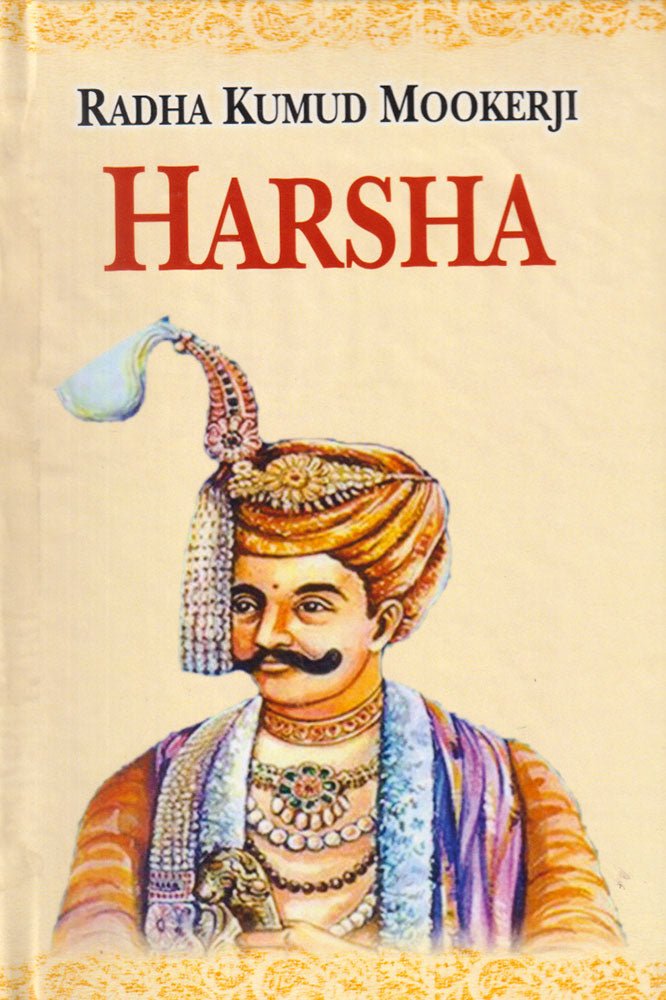
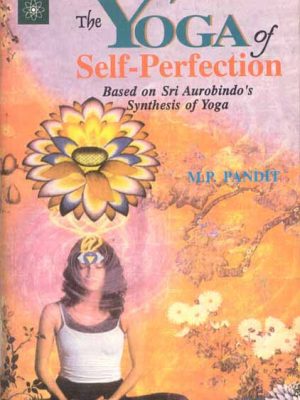
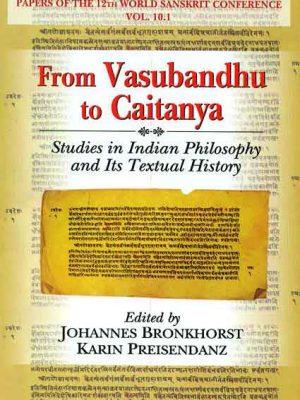
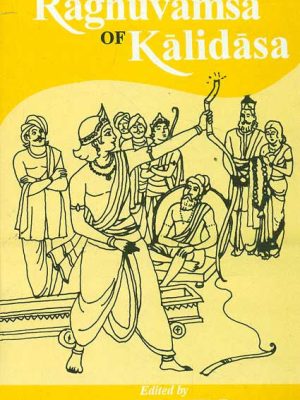
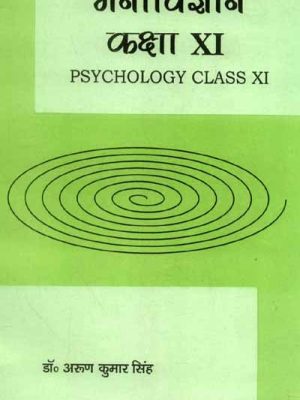
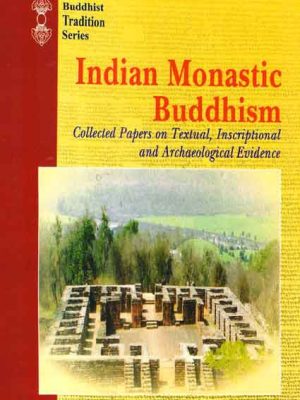
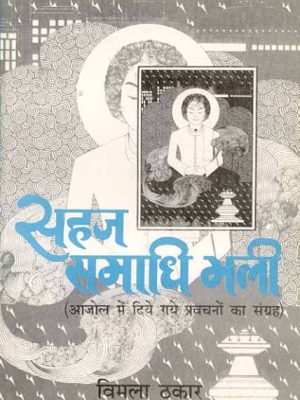
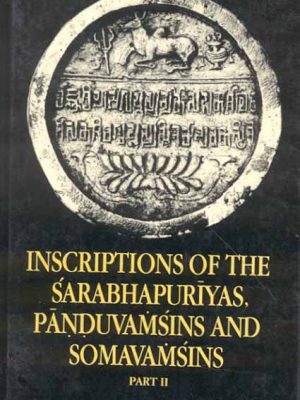
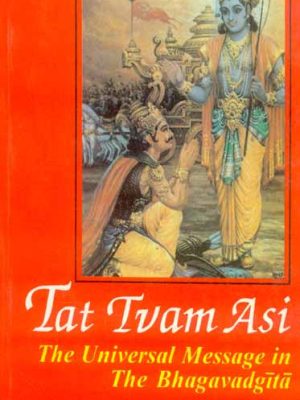
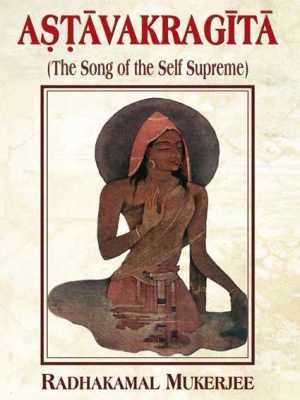
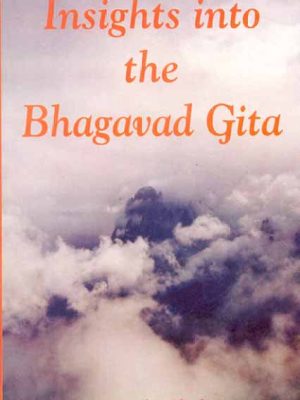
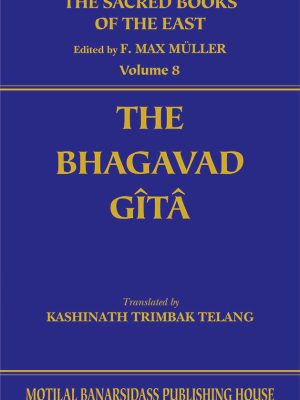
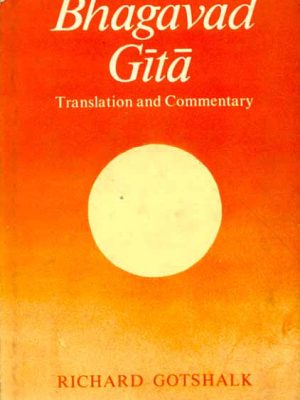
Reviews
There are no reviews yet.